‘Missing Link’: Meet the Oscar-nominated filmmaker improving LGBTQ representation in kids’ movies
Chris Butler's 2012 film 'ParaNorman' was one of the first animated kids features to include a gay character. Now, he's up for another Oscar with 'Missing Link'.
By Steve Brown
Words: Steve Brown
Hailed as the first person to include a gay character in an animated children’s film, director and screenwriter Chris Butler’s success continues to grow.
Butler started on his path to providing better LGBTQ representation in children’s entertainment with Laika Studio’s 2012 stop-animation ParaNorman, which landed both an Academy Award and BAFTA nomination and was hailed as the first family feature film to have a gay character.
Earlier this month, Butler’s newest production, Missing Link (think Indiana Jones meets Sherlock Holmes meet Trains, Planes and Automobiles) landed a Golden Globe nomination – and now it’s up for Best Animated Feature at the Oscars.
The film – which took around five years to make – is about a “lonely sasquatch and him longing to belong” and Butler tells Attitude how the narrative “became a story about identity and how your identity is what you chose and it’s not what other people put upon you.”
Butler is one of two LGBTQ people – the other being Sir Elton John – who have been nominated for an Academy Award this year.
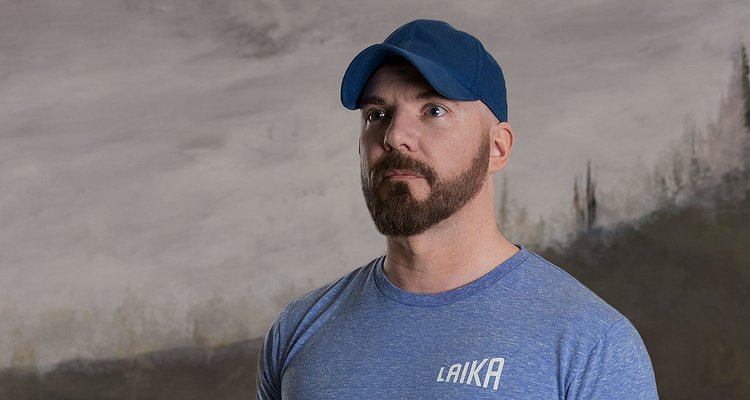
Ahead of the closing date for voting on 4 February, Attitude spoke to Chris about his new movie and why it’s important for children’s entertainment to feature LGBTQ characters.
Congratulations on your Golden Globe win and your Oscar nomination. How does it feel?
Amazing! When you start making a movie like this, the last thing you’re thinking about is awards at the end.
There are so many animated movies this year, you don’t assume anyone is going to notice you because these are some of the biggest movies of the year that you’re up against.
I think the Globes was an absolute shock and did not expect to win that at all.
And that’s not to say I don’t believe the movie is fantastic, I do, but we were up against such tough competition, it was a real surprise.
I don’t remember going on stage, I don’t remember a speech, I don’t remember anything except holding that six-pound golden trophy for about 24 hours after.
The winning team behind Best Animated Film Missing Link discusses how many years they put into their movie and get out some more thank you’s that they didn’t make it to on stage. pic.twitter.com/w7EFFk7Bkr
— Golden Globe Awards (@goldenglobes) January 6, 2020
This is your second nomination after ParaNorman, is it still a surreal moment after being nominated?
I think it will probably be more of an emotional experience this time around.
With ParaNorman, that was my first movie and the studio’s second movie after Coraline, and I don’t think there was much expectation.
Since then, every one of Laika’s movies have been nominated for an Oscar. I wanted to keep that track record. I was in LA when the announcement was made.
It felt good. It’s acknowledgement and recognition from your peers, people who know how much work goes into something like this, people who understand how much creativity goes into making a movie like this.
You’re going up against some tough competition. Did you ever expect to be nominated?
I don’t think about those things. I do feel privileged that I am in such good company. I mean to stand alongside these films, it’s fantastic.
I think what I like most this year is that it feels like a genuinely diverse line-up. I think all the nominations are significantly different from each other.
I feel that’s a very encouraging time for the industry. The movies that are being nominated are very different from each other.
Everyone is doing their own thing and being rewarded for it.
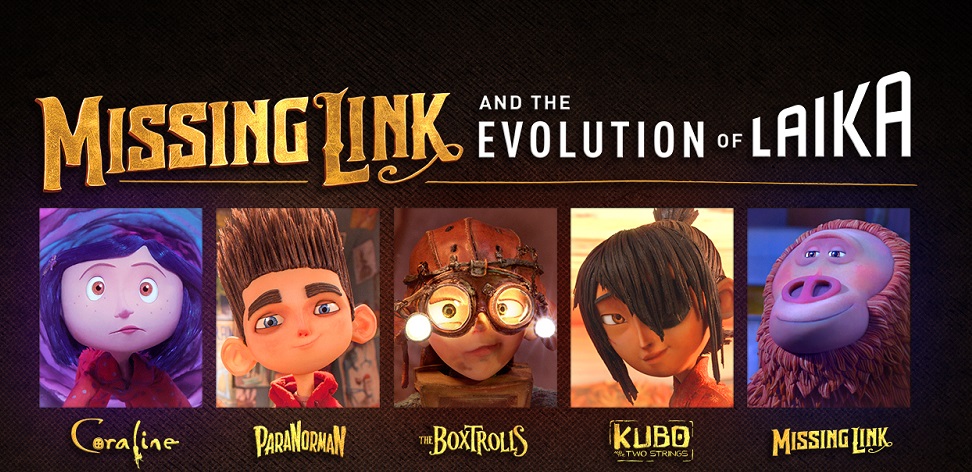
You’re one of two LGBTQ people nominated this year. Is that relative lack of LGBTQ nominees frustrating for you as a gay man?
It’s just sad really. I think there’s still a lot of changes that need to happen. I’m not talking about the Oscars; I’m talking about the industry.
I am trying to push boundaries where I can. I believe kids entertainment should be challenging. It should have something to say.
I started on this path with ParaNorman which had the first gay character in an animated family feature, we were nominated for GLAAD Award for that.
I think it’s the same thing for Missing Link. The point about identity is the closest thing to LGBTQ community. I wish there was more.
It feels like there have been changes since I started my career and it’s always tiny baby steps.
And if I can be the one pushing forward and making these baby steps, I’m happy.
There absolutely should be more inclusion. I’d love to see that. I’d like to see it sooner.
The BAFTA nominations were accused of being ‘so white’ and the Oscars faced controversy over the lack of female directors. They aren’t representing the whole industry.
I think change takes a long time. If you look at the animation industry, it was such an old, white men industry even when I first started.
When I started in the late 1990s, it felt like it was a man’s industry and there is still reminisce of that. You cannot change that overnight.
There are moves being made. Certainly, at Laika, we are always trying to embrace more inclusivity.
You don’t see those changes immediately. It takes longer than that unfortunately.
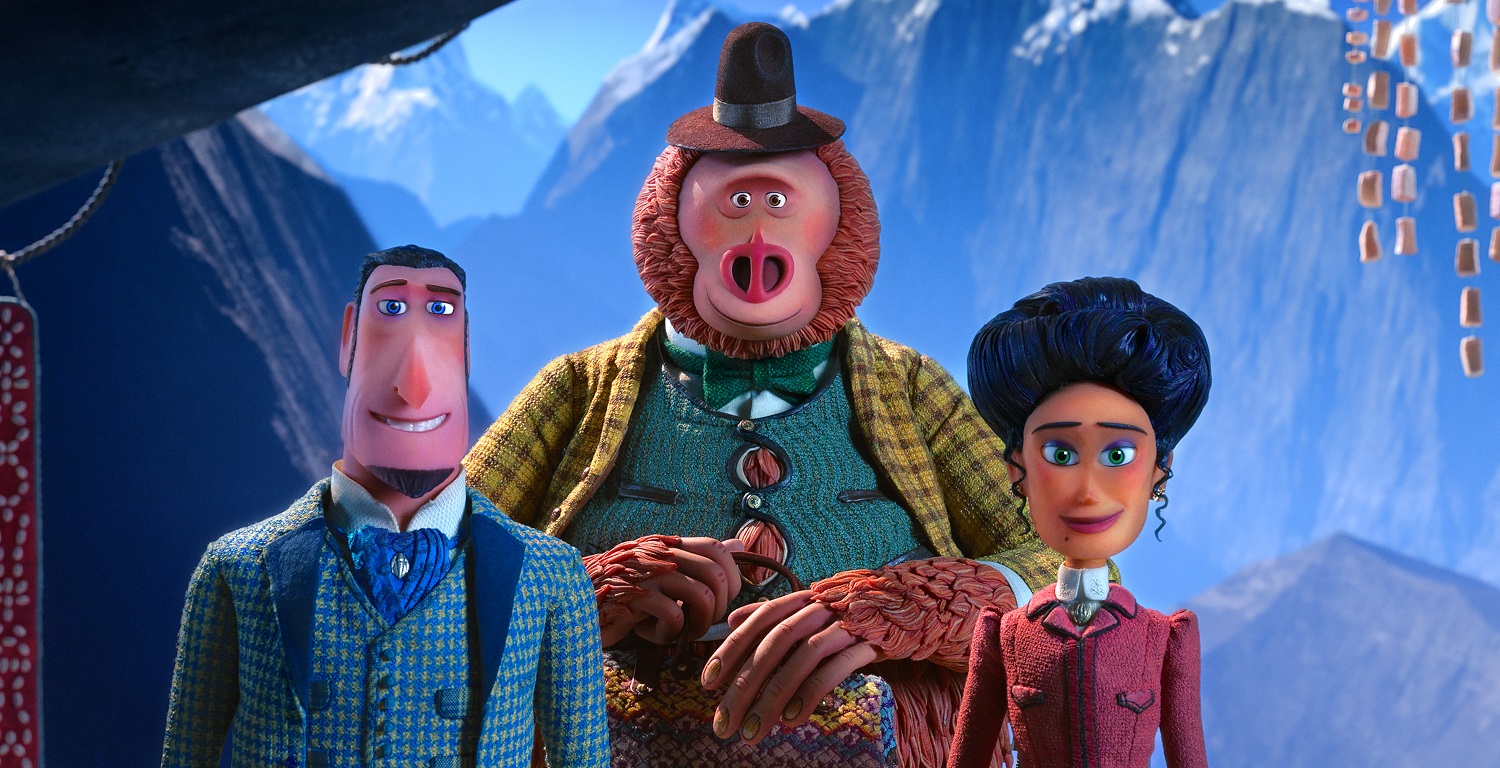
ParaNorman is credited for having the first gay character in a family feature. Were there any push backs from the studio?
None at all. I know Travis [Knight, producer] felt very strongly that if I wanted it in the movie, then he wanted it in the movie.
He has always been incredibly supportive, and I think one of the joys working at the studio is that there really is no kind of hierarchy.
I’m not trying to appeal to board rooms full of people who would be concerned about what middle America would think.
That’s refreshing and it feels great to be part of a studio that is so positive in that respect. I think at the time I was a little naïve, I probably didn’t think it was as big a deal as it was in America.
I think growing up in England, even though a lot of change still needs to happen here, because we are more of a secular country, the inclusion of that kind of character didn’t feel as much as a big deal as it became in the States.
I am so proud that we did that. It’s probably the thing I am most proud of so far in my career.
Mitch’s sexuality had no impact on the story at all. It didn’t matter how he identified.
Absolutely! It was really about not judging a book by its cover. I almost wanted to play with the audience.
That they think they know who this big, jock character is but you don’t. You only get to know who someone is when you get to spend time with them.
It was a similar thing for me with Link, in Missing Link, when he chooses the name Susan. I wanted that to have that similar kind of feeling.
For me the fun of that sequence was to watch Sir Lionel try his best to be a better person in the understanding.
If anything, that conversation is really a generation conversation. I’m pleased I got that into the movie as well.
Do you think it’s important for children’s entertainment to represent all families and people?
Absolutely! There’s certainly not enough. There is absolutely no reason why we should not promote diverse, family dynamics, there is no reason not to fly that banner high.
I will continue to do everything I can to push things forward. There is movement but it’s just very slow. I do think the landscape might start to change now.
Movie making was so concerned about box office and that opening weekend. I think that becomes less of a concern now that streaming is part of the conversation.
You don’t have to worry about getting bums on seats on the opening night. It’s there on a different platform. I think we are starting to see diverse content more.
It’s something I’ve already noticed. But already there are different types of conversations being told. I think that is a really positive move forward.
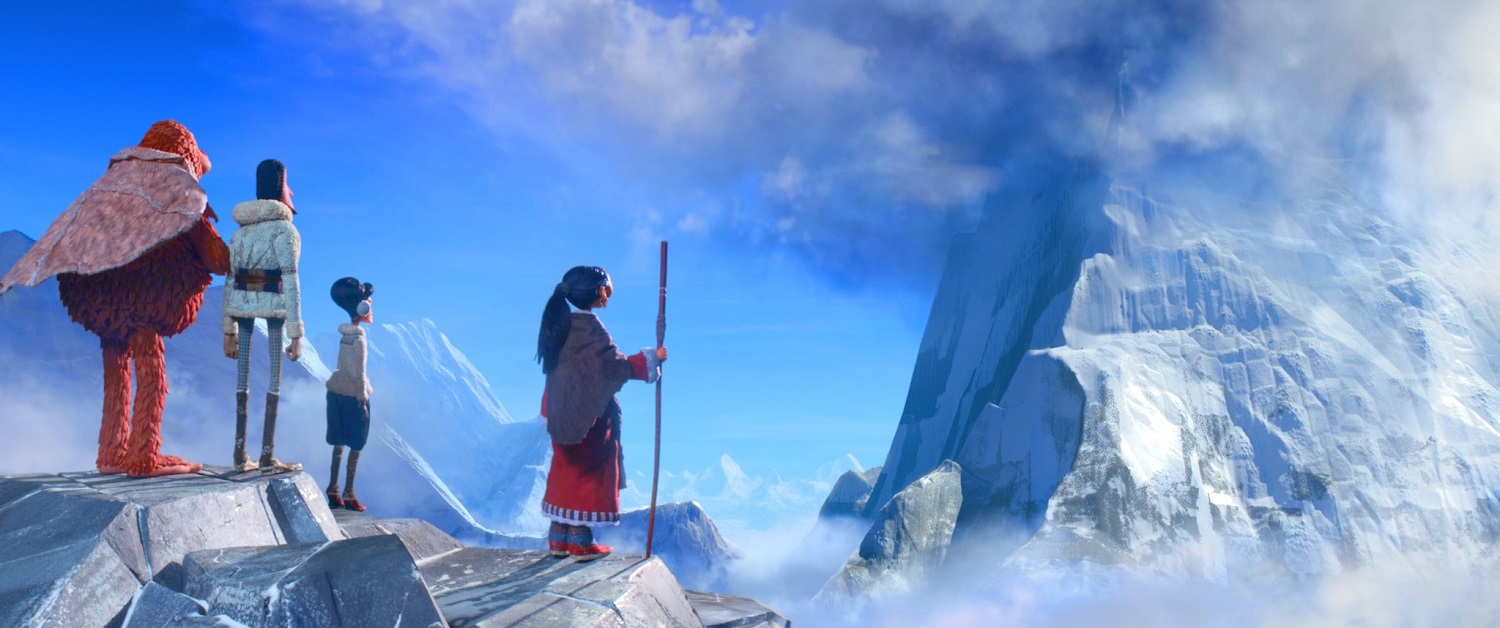
Why is more seen as more controversial for children’s entertainment to feature LGBTQ characters?
It comes down to the accepting status quo. Unfortunately, that is still holding on to conservative ideas. It’s a lot to do with religion.
Certainly, from my experience living in the States, a lot of that comes from old fashioned dogma.
There is no reason for it, it’s ridiculous. I don’t know whether it is going to change any time soon, I hope.
Do you hope that there will be a time where an LGBTQ character won’t be made such an issue of?
If we had been talking 10 years ago, I would have said, ‘Absolutely. We are moving in the right direction’.
But then you see the pendulum swing both ways. A lot of things that have happened politically, especially in the States, it goes against what I thought was positive momentum.
There is rhetoric being used and things being said every day in America that are repugnant to me. And that’s a shame but I do believe it’s a pendulum swing and after the liberal positivities of the Obama era, it was always going to be a swing to the right.
I think sometimes it’s easy to get jaded, you see positive changes and then steps back from that. I would love it to not be an issue in my lifetime.
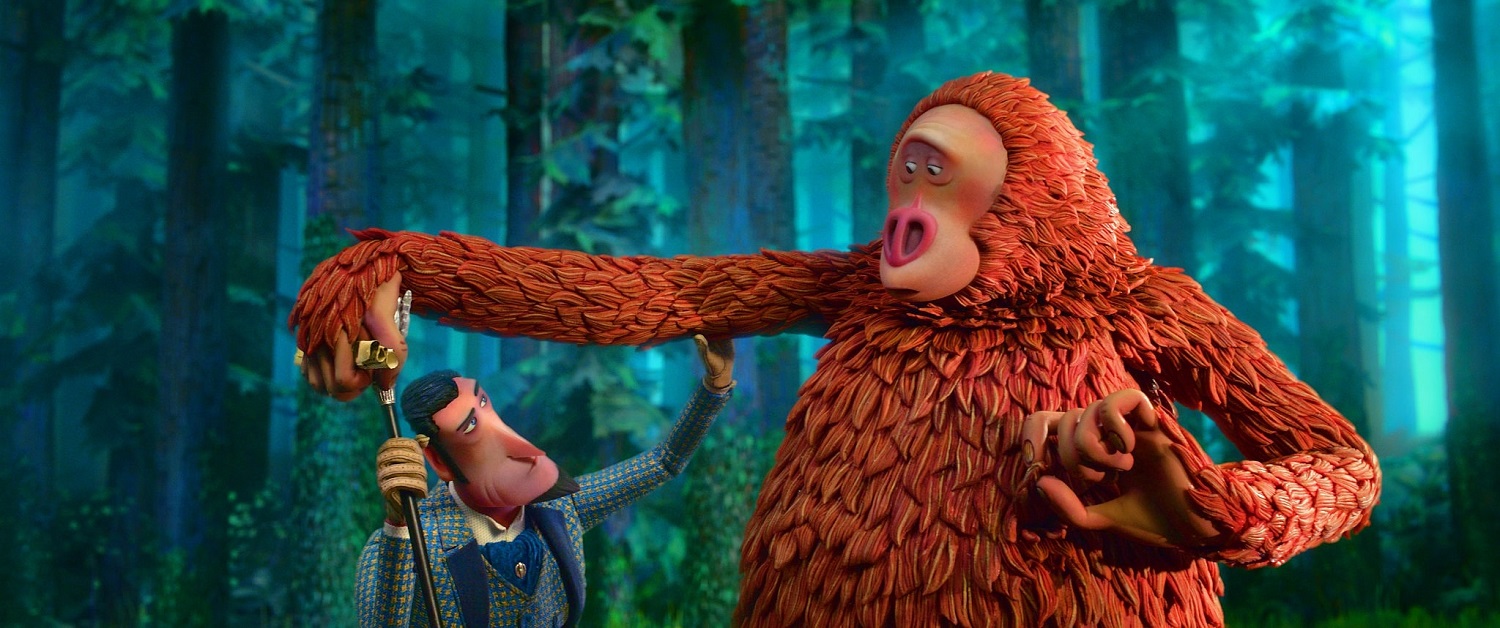
Is there a difference between US and UK audiences in terms of acceptance of LGBTQ representation?
Whenever I come back, I always feel quite proud to be British because I think British TV is far braver in the strides it takes towards inclusivity.
There’s no question in my mind about that. We are far more progressive in England, and I think that is really heartening.
There is an ongoing discussion about gender, race and pay equality. Do you feel LGBTQ inequalities are still left out of the conversation?
I think that’s absolutely true unfortunately.
Being a member of that community, sometimes you just want to scream out and say, ‘What about us? When are we going to start having that conversation?’ I don’t know what the reasoning is for that.
The industry needs to get over itself. Sometimes I think we are still hung up on ideas that were prevalent in the 50s.
You know, about how actors don’t want to promote their sexuality out of fear of losing roles. It’s ridiculous. Hopefully that will change. But I don’t know when.
There has been that small step forward with LGBTQ representation over the last few years but not as fast as it should be.
It needs bigger strides. What we need is a Marvel movie with a lead gay character or a Star Wars movie with a lead gay character.
It needs to be that kind of stride. It’s not enough to just say, ‘Well maybe this princess is secretly a lesbian’ but you don’t see any of that on the screen.
That’s not enough. That’s just spin and talk to keep the LGBTQ community happy when a movie comes out. That really isn’t inclusion.
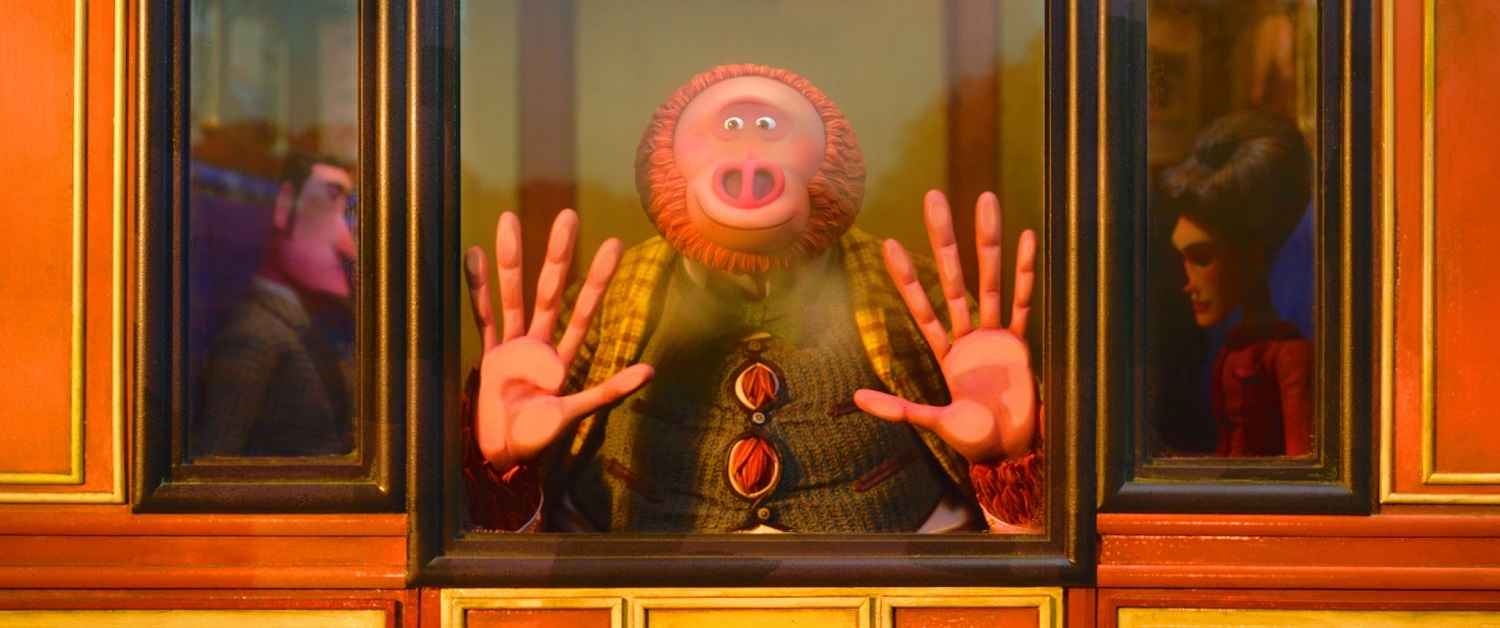
It does need a big studio to make that movement.
I’ve heard a lot of criticism about the same-sex kiss in Star Wars: The Rise of Skywalker saying that it’s a negative thing.
I don’t agree with that. I think seeing that on screen is a positive thing. But yet we need main characters who are LGBTQ and are out.
They can’t just be peripheral forever. They can’t be on the side lines forever.
Is that a positive thing that actors are now willing that take on LGBTQ roles?
I guess. But for me it’s more about gay actors taking roles. It’s less about gay characters on screen. That is obviously positive.
Part of the discussion is why not have out gay actors taking big roles. I think there’s always been some reluctance within the industry to accept that a gay actor can play a leading man in a movie.
That’s just not true. Maybe that’s because there’s not enough out gay actors out there or willing to come out because it might affect their career. It’s a vicious circle.
Were you always open about your sexuality?
No, I wasn’t, and it makes me disappointed in myself for saying that. It was a different time. I didn’t come out until I was 21.
When I first got into the industry, it was run by an older generation of straight white men and certainly the first few jobs I got that’s what I was surrounded by and I was intimidated by them and was scared to come out as gay back then.
As I got older, the world changed and I changed, I didn’t care so much about what people might think about me.
I will say that I do think things have changed so much and when I see young people at the studio, I do feel that despite all the bleakness we have talked about, the younger generation has a better understanding of their identity, sexual and gender identity.
There are significant and positive movements.
Voting for the Academy Awards closes on 4 February 4 ‘Missing Link. is available to watch on Netflix now.
